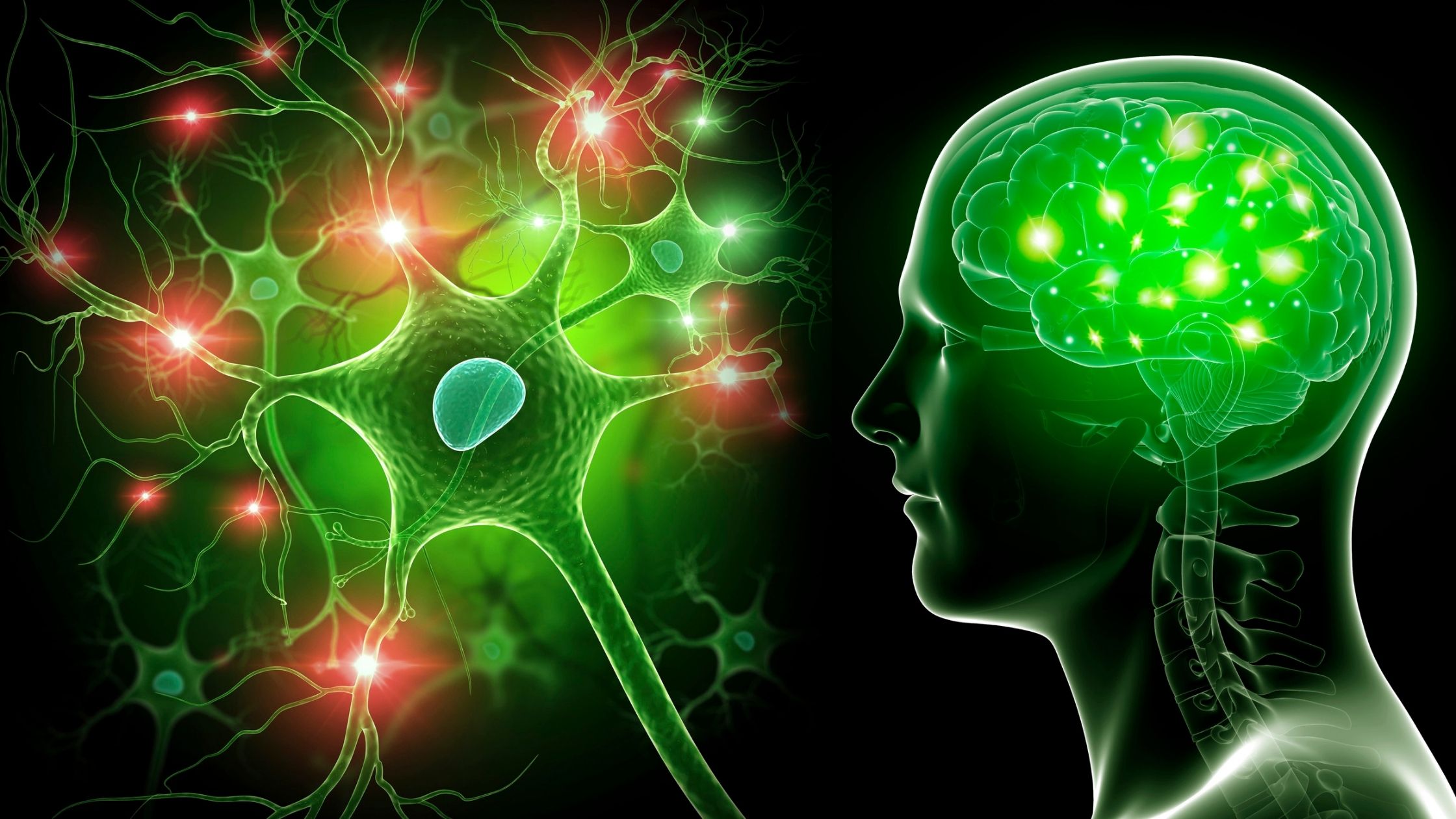The rumor that cannabis kills brain cells is one that has floated around for quite some time. Cannabis can cause a feeling of intoxication and being “high,” depending on the amount of consumption. While the continuous use of cannabis can result in the user becoming dependent or addicted to the substance, brain cells will not be killed at all. The mind may be in an altered state after ingesting or smoking THC, but that has no effect on the actual brain itself.
How much cannabis consumption is safe for the brain?
Studies conducted between those who consumed cannabis regularly (daily, weekly, or monthly) demonstrated that reasoning, reaction time, memory and overall cognitive functioning were similar to those who did not consume cannabis at all. Though there is not substantive research conducted for long-term use, scientists are fairly certain that the differences between those who use cannabis and those who do not are minimal.
Cognitive functioning while using cannabis
While THC-containing cannabis can get you high, there has been no long-term brain damage amongst adults associated with it. However, it’s not certain how younger people whose nervous systems and organs are still developing may be affected.
Cannabis vs Alcohol (effects on the brain)
Cannabis and its effects on brain function is hotly contested because there is a paucity of evidence which would suggest that the ingredients in the plant are harmful to one’s brain. Moreover, when appropriate doses are administered properly there are no neurotoxic effects. However, when compared to that of alcohol which is less stigmatized, we begin to see a vast difference. When the body digests alcohol the byproducts that are produced are called reactive oxygen species and they are indeed toxic to the body as well as to the brain. The body tends to have adverse reactions to the consumption of alcohol—chief of those adverse reactions being a hangover.
Cannabis is safe to consume
Interestingly enough, our own bodies create endocannabinoids which are similar to cannabinoids found in plants. Our endocannabinoids are regulated by the endocannabinoid system which helps to maintaini many body functions such as sleep, hunger. As of right now, there is no evidence of known long-term brain damage from the use of cannabis. Be sure to thoroughly research the benefits and side effects of cannabis consumption before use.
Does CBD Kill Brain Cells?
CBD vs THC Effects on the Brain
CBD and THC are the two most prevalent compounds found within the Cannabis plant. While THC is found to have psychoactive effects on the brain, CBD does not. CBD does not possess any addictive substances, nor does it cause any feelings of paranoia or anxiety. CBD studies have concluded that there are no adverse side effects after CBD consumption, and doses as high as 600mg also didn’t reveal any adverse psychomotor or physiological side effects; these include high blood pressure, rapid heart rate, impaired speech, etc.
CBD doesn’t kill any brain cells!
CBD can be taken in various ways including through the skin, oralmucousally, under the tongue, and more. It has been declared safe to use by medical professionals around the world. CBD has also been shown to possibly reduce or offset the effects of THC, which does not kill any brain cells but may affect your mood. Remember that CBD alone does not cause any psychedelic effects. CBD can be used by both children and adults and there are a variety of methods of consumption ranging from e liquids to creams, cosmetics, balms, capsules, sprays, tinctures, terpenes, and more.

כתיבת תגובה